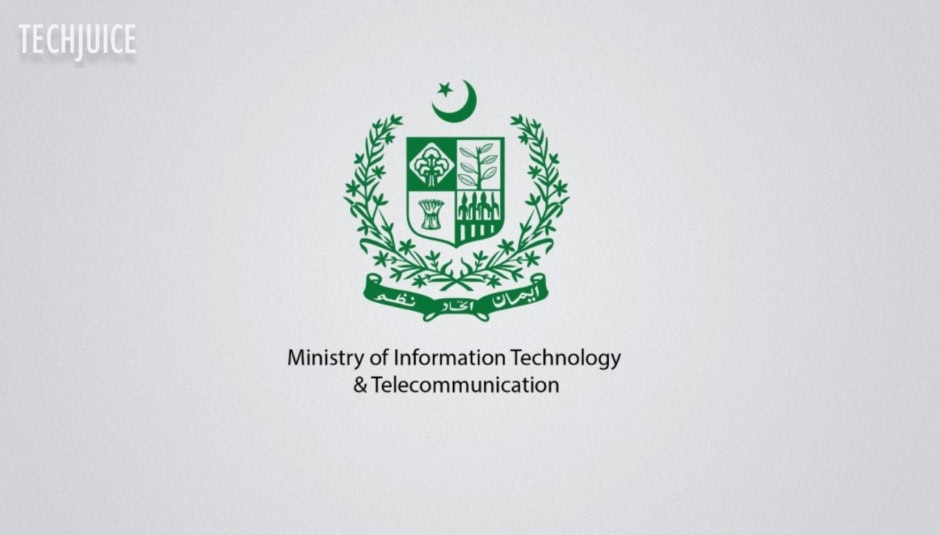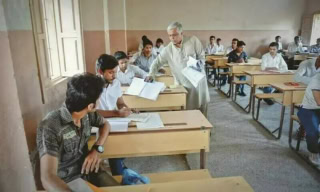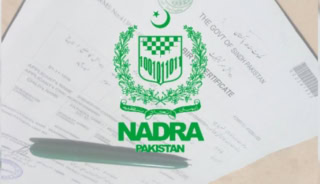ISLAMABAD: The government has decided to restructure the Ministry of Information Technology and Telecommunication to implement the World Bank’s Digital Economy Enhancement Project (DEEP)’ worth $77.73 million.
The Ministry in collaboration with World Bank is implementing DEEP worth $77.73 Million. The main objective of the Program is “to enhance the Government’s capacity for digitally enabled public services delivery for citizens and businesses”.
DEEP has initiated the process of hiring consultancy services for the restructuring of MoITT to provide expertise and a clear and workable roadmap for the Ministry’s restructuring. The main focus of the consultancy will be on evaluating the current structure of the Ministry, identifying gaps and areas for improvement, and providing actionable recommendations for its transformation over the next decade.
The consulting firm will work closely with MoITT officials to develop a comprehensive restructuring plan that aligns with international best practices and positions the Ministry for future success in the rapidly evolving technological and digital landscape.
The MoITT invites EOI from interested/eligible consulting firms who should provide information demonstrating that they have the required qualifications and relevant experience to perform the services.
A Consulting firm will be selected in accordance with the Consultant’s Qualification-based Selection (CQS) method set out in the Procurement Regulations of the World Bank for IPF Borrower September 2023.
The project to be financed by an IBRD Loan, will consist of Investment Project Financing (IPF) in the areas described. It has three components:
Component 1: Improving Digital Economy, Governance and Service Delivery Capabilities ($58 million) This Component aims to build the capacity of the government to develop key digital public infrastructure and services supporting the country’s digital economy and society, in line with the 2018 Digital Pakistan Policy, which calls for the establishment of a holistic (government-wide) enterprise architecture and the integration of government databases and systems through e-government service portals.
Furthermore, digitalization will boost the resilience, adaptability, and response of government in the face of shocks such as pandemics and natural disasters. This will be achieved by strengthening the legal, regulatory, policy, and institutional frameworks for the digital economy consistent with global best practices, developing digital government standards and frameworks, enabling government agencies at all levels to exchange information seamlessly and securely, building the ecosystem for digital authentication and verifiable credentials, digitalizing priority services, building a citizen services portal and promoting civic innovation.
Component 2: Pakistan Business Portal ($15 million) This component will support the Board of Investment (BoI) to modernize regulatory regimes in Pakistan at three levels of government: federal, provincial, and municipal. The Component will support the BoI to modernize regulatory regimes in Pakistan at three levels of government: federal, provincial, and municipal. The first stage entails reviewing, mapping, and developing a catalog of registrations, certificates, licenses, and others (RLCOs) across the three levels of the government, potentially including up to 800 government agencies relevant to dealing with investing and operating a business in Pakistan.
In the second stage, this Component will support a transition towards a digital inventory of administrative procedures and the development of an electronic single window — the Pakistan Business Portal (PBP) — integrated across all three layers of government for new and existing businesses to apply, renew, pay, and meet all their compliance needs online. The digitalization of regulatory compliance will follow an adequate data governance framework.
Component 3: Project Management ($5 million) This Component will finance the establishment and operation of one Project Management Unit (PMU) at the MoITT and four Project Implementation Units (PIUs) at NADRA, jointly at NITB and PITB, Ignite and BoI, which will be responsible for day-to-day Project administration, procurement, financial management, communications, and outreach for each of their component(s) and/or subcomponent(s).

 4 min read
4 min read


















